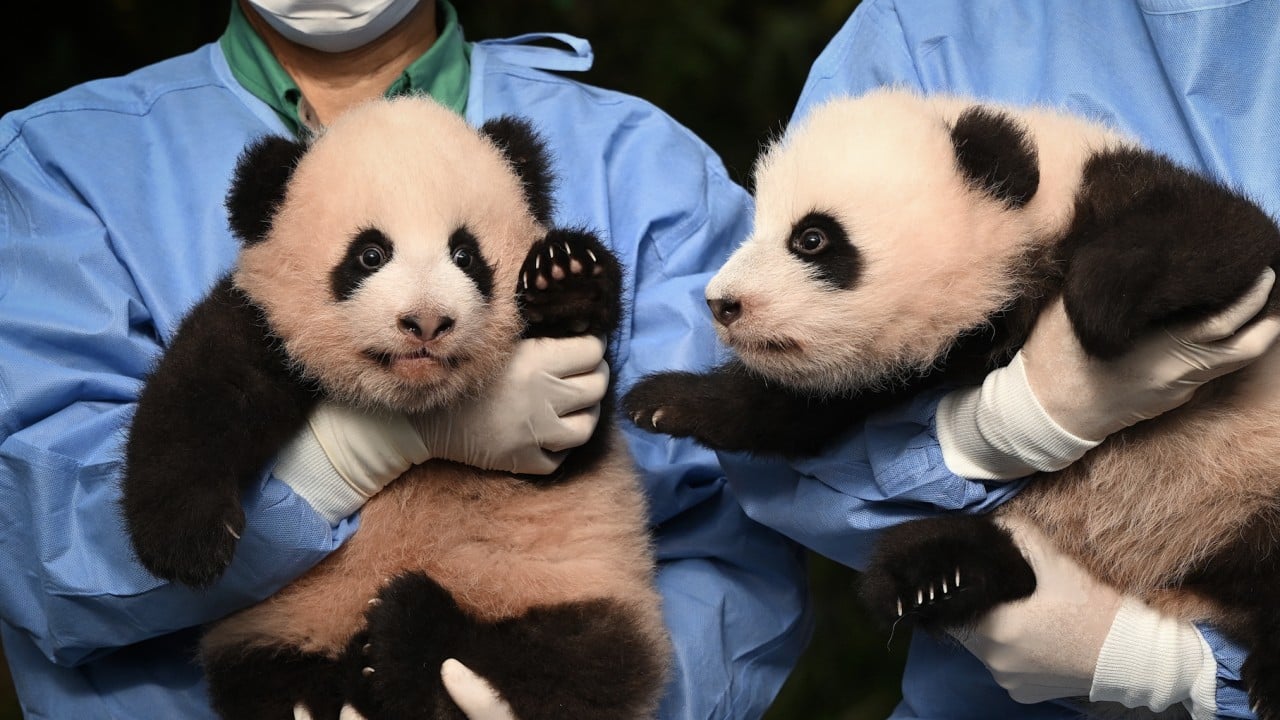
Hi-tech cooperation key to rebuilding China-South Korea ties, says ambassador
- Chinese ambassador Xing Haiming builds on leadership talks between Seoul and Beijing with call to ‘meet each other halfway’
- Xing’s remarks highlighted critical role of shared science, technology and innovation between the two countries since 1992
Xing Haiming’s remarks, published on the embassy’s WeChat account on Sunday, followed recent rare top-level exchanges between Chinese and South Korean leaders, in emerging signs that tensions could be easing.
Xing hailed China’s ties with South Korea, which he said were of “global strategic significance”, in an interview on Friday with TusStar, a start-up incubator affiliated with Beijing’s Tsinghua University, according to the WeChat post.
Cooperation on science, technology and innovation, especially those between enterprises and the private sector, had been critical to both countries since they established official ties in 1992, he said.
While acknowledging current “disturbances and difficulties”, Xing said that “as long as both sides meet each other halfway … bilateral ties will surely be able to get out of the predicament and embrace a better future”.
This would be achieved if both countries “focus on cooperation, be open and inclusive, and respect each other’s core interests”, he said.
“With improved bilateral relations, there is no need to worry that non-governmental scientific and technological cooperation will not develop.”
Xing’s comments came in the same week that South Korean tech giants Samsung and SK Hynix won US permission to send certain chipmaking equipment to their Chinese plants – a positive sign for Beijing’s ties with Seoul, observers said.
Washington’s restrictions on exports of advanced chips and chipmaking tools to China have been at the heart of the US-China tech rivalry – as well as a flashpoint between Beijing and US allies, including Seoul – since they were imposed in October 2022.
Xing pointed out that South Korea became China’s second largest trading partner last year, with bilateral trade volumes exceeding US$360 billion.
The two countries’ production and supply chains were “closely connected” and are playing “complementary and irreplaceable” roles alongside each other in the global industrial division of labour, he said.
According to Xing, Seoul and Beijing should strengthen their existing technology and innovation cooperation mechanisms and aim for higher-level collaboration on climate change, energy security, biosecurity, the use of outer space and other global issues.
He also expressed the hope that science and technological innovations could become “new growth poles” for the stabilisation of bilateral ties.
Relations between Beijing and Seoul have been strained since Yoon took office last year. His administration has been seeking closer military ties with Washington, as well as mending fences with Tokyo.
At the same time, Seoul has become increasingly vocal in its criticism of Beijing on issues such as Taiwan and the disputed waters of the South China Sea.
Beijing has responded by piling on the pressure, openly criticising Yoon’s pro-US stance and what it sees as a growing decoupling of South Korea’s hi-tech ties with China at the urging of Washington.
Xing became caught up in a diplomatic row in June, when he warned that Seoul would “definitely regret it” if it chose to bet against Beijing when it came to the ongoing US-China rivalry.
In a speech on Wednesday at Seoul’s Soongsil University, Xing described the twin meetings between Chinese and South Korean leaders as “adding momentum” to the efforts to mend bilateral ties, according to an embassy transcript.
In a thinly veiled jab at Washington, he also urged Seoul to work with Beijing to “resist the return of the Cold War” and “resolutely oppose the establishment of camps and exclusive ‘small circles’ targeting specific countries”, it said.
Xing made a similar appeal at a forum in Seoul on Thursday, calling on South Korea and Japan to deal with the “new challenges” of “unilateralism, power politics and a cold war ideology,” according to South Korean news agency Yonhap.
He also called for strengthened cooperation between China, South Korea and Japan to oppose any behaviour that could lead the region to a “cold war or hot war”.
After vice-foreign minister level talks, Beijing, Tokyo and Seoul agreed last month that a trilateral summit – which has been suspended since 2019 – would resume at the “earliest convenient time”.


